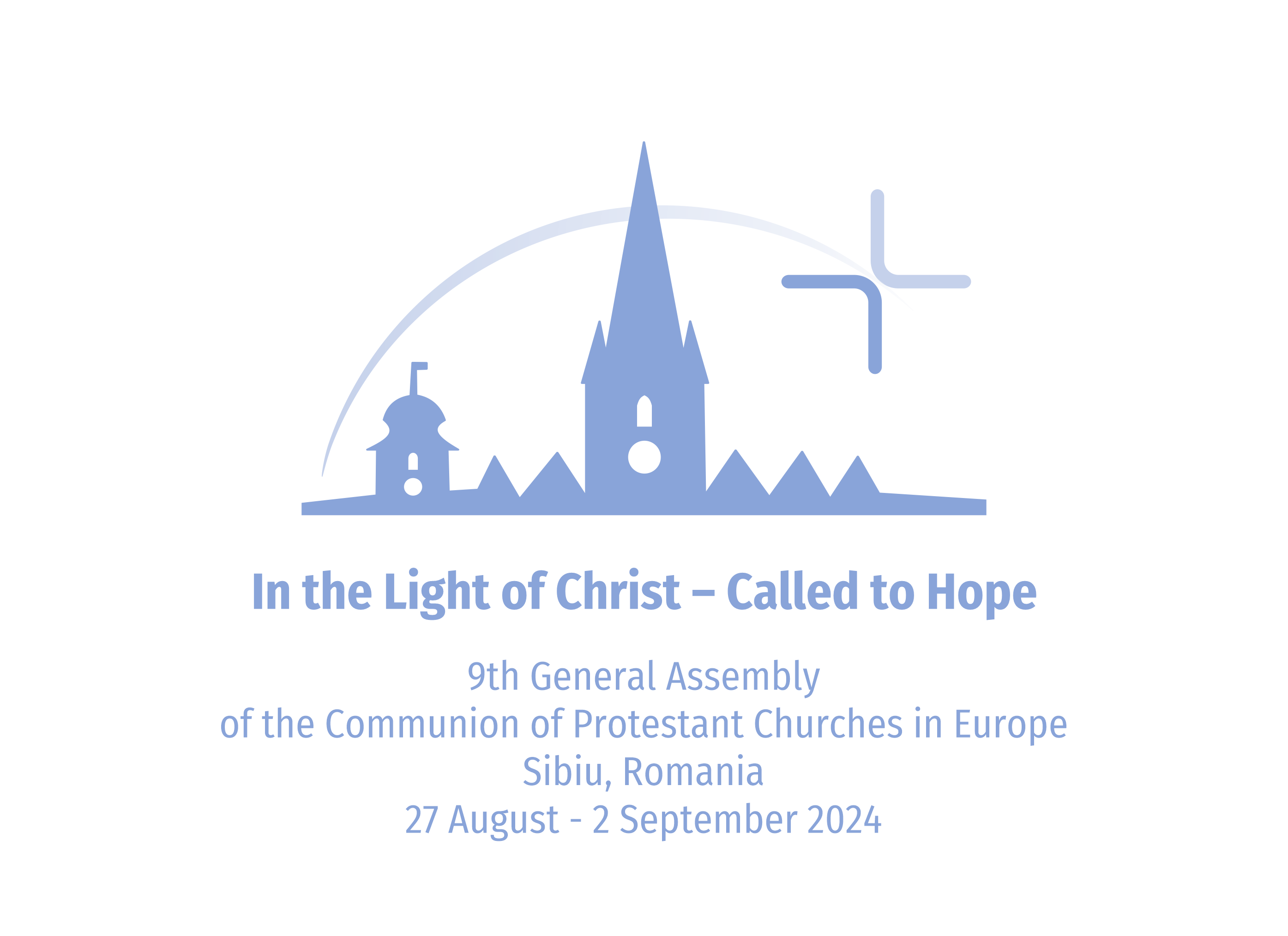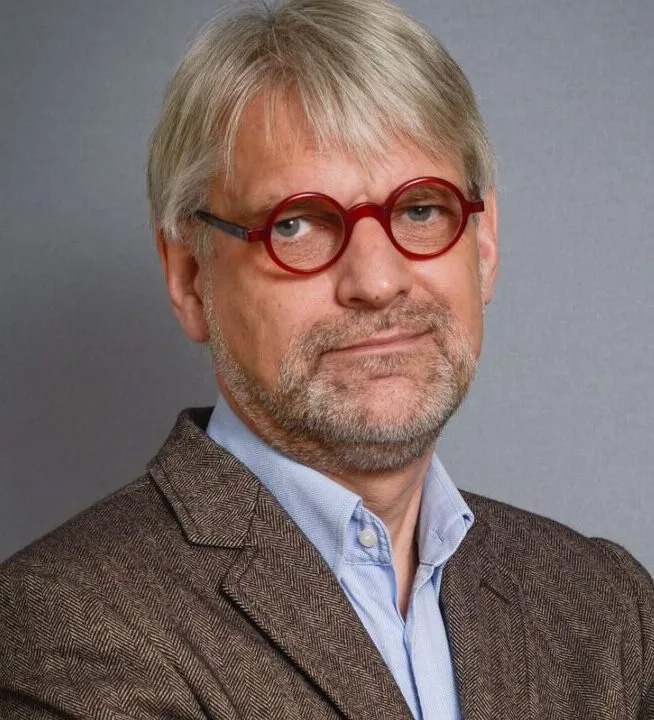Dr Ulrich H.J. Körtner, Professor of Systematic Theology at the University of Vienna, attending the Assembly as an expert
What expectations do you have of the General Assembly?
Körtner: Christianity as a whole is facing dramatic changes in Europe. The churches are losing members. Protestant churches are also affected by these upheavals. This makes it all the more important to strengthen and deepen the fellowship between Protestant churches. I hope that the 9th General Assembly will provide impetus for this.
Where can we make theological progress?
Körtner: In an ecumenical context, the Leuenberg model of church communion is criticised by Catholics in particular. Cardinal Kurt Koch, for example, has repeatedly put forward a sharp alternative between a sacramental understanding of the Church and the understanding of the Church in the Leuenberg Agreement and the CPCE.
In my opinion, it is necessary to deepen the ecclesiological discussions within the CPCE. The Protestant concept of church communion, and the associated ecclesiology, should not be watered down. Issues such as the controversy surrounding the study on gender, sexuality, marriage and family show that disagreements on ethical issues also touch on dogmatic questions. This is a serious development. I am therefore in favour of dealing with these dogmatic questions. Specifically, I am thinking of theological anthropology, i.e. an evangelical understanding of the human condition. This also includes dealing with the concept of sin, which is considered particularly difficult today.
What does the term “European theology” mean and does it even exist?
Körtner: If you look at the development of the CPCE, you can certainly speak of a European theology. There is a pan-European doctrinal formation within the CPCE, including in the area of ethics and social ethics. I would like to see the results of this doctrinal training, i.e. the various doctrinal discussions and study processes, being incorporated into theological studies and theological textbooks to a greater extent than has been the case to date. I have done this, for example, in my text books Dogmatics (2018/2020) and my Ecumenical Church Studies (2018).
In your opinion, what are the most urgent ethical problems?
Körtner: In general, it is clear that ethical differences and disagreements are increasing, not only between the member churches of the CPCE, but also within them. Compared to the analysis in the “Stand Up For Justice” study (2012), I believe that tensions have increased. It is therefore important to address the issue of an “ethics of disagreement”. In terms of material ethics, I would mention the following topics: migration, flight and asylum in Europe, especially the problem of irregular migration, war and peace: a fundamental revision of the Protestant peace ethic of the past decades, sexual ethics and a critical examination of queer theories, the future of democracy in Europe and the contribution of the churches to the internal cohesion of European societies, whose centrifugal forces are becoming stronger. Generally speaking, I would also say that we need a critical, theologically-sound examination of the various identity discourses and identity politics.
What was your most interesting encounter?
Körtner: I only arrived in Sibiu yesterday, so I can’t draw any conclusions yet. However, yesterday evening’s discussions with younger theologians were particularly interesting for me. The role of the young generation of theologians within the CPCE must be strengthened. Their future depends on it.

